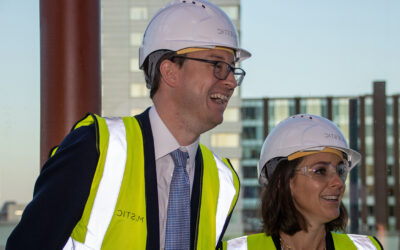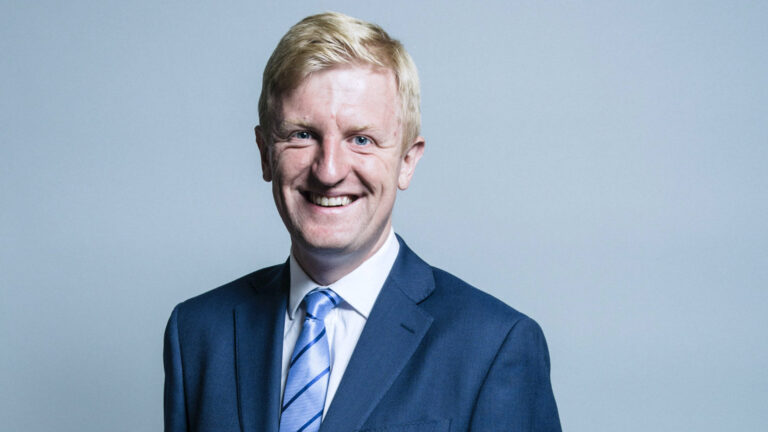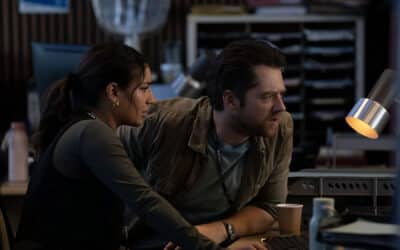Oliver Dowden, has used his first speech as Culture Secretary to talk about the future of the BBC.
At the Enders Media and Telecoms Conference, he said that while he recognised the “unique contribution” that public service broadcasters had made to our cultural heritage, they “would have to change.”
“It is respected globally, as much as the NHS and our universities, reaching over 400 million people around the world every week.
“But as a Conservative, I also understand that for institutions to retain support and relevance, they have to change.
“And in the coming years we will of course be taking a proper look at our public service broadcasting system and the BBC’s central role within it.
“This will start with the consultation on whether to decriminalise TV licence evasion.
“That will be followed by the process for agreeing the next licence fee settlement.
“And then, the mid-term review of the BBC Charter.
“All of this will be in the context of a licence fee based charter that runs until 2027.”
He added that they would need to consider a number of questions. The first being whether the BBC “truly reflects all of our nation and is it close to the British people?”
“If we’re all honest,” he continued. “Some of our biggest institutions missed, or were slow to pick up, key political and social trends in recent years.
“The BBC needs to be closer to, and understand the perspectives of, the whole of the United Kingdom and avoid providing a narrow urban outlook. By this, I don’t just mean getting authentic and diverse voices on and off the screen – although of course this is important.
“But also making sure there is genuine diversity of thought and experience. And this matters, because if you don’t have that, you miss what’s important to people.
“And at a time of proliferating content, being relevant matters more than ever.”
His second question was with regards to impartiality and whether the BBC guarded it “unique selling point of impartiality in all of its output.”
“I’m sure you’ve all seen recent Ofcom research that shows the perception of news impartiality is currently lower for some public service broadcasting channels than commercial channels such as Sky and CNN.
“Ultimately, if people don’t perceive impartiality, then they won’t believe what they see and what they read and they’ll feel it is not relevant to them. In an age of fake news and self reinforcing algorithms, the need for that genuine impartiality is greater than ever.”
He stated that the final question was whether the BBC was ready to “embrace proper reform” to ensure its long-term sustainability.
“We know that half of all UK households have a subscription to a major streaming service, while under 18s now spend over an hour a day on YouTube.
“My generation is no longer just turning on the TV when we get home, but is consuming different types of content through the likes of iPlayer and Netflix. While younger generations are favouring self-generated content on platforms such as YouTube.
“When there is so much choice around, the BBC and our public service broadcasters need to think boldly.
“So, the BBC is an institution to be cherished. We would be crazy to throw it away but it must reflect all of our nation, and all perspectives. And it must rise to the challenge of how it will ensure its sustainability as a crucial service in a rapidly changing world.”










